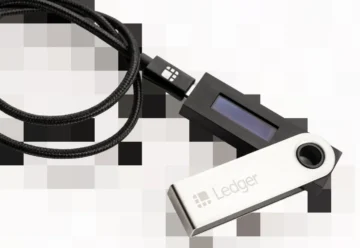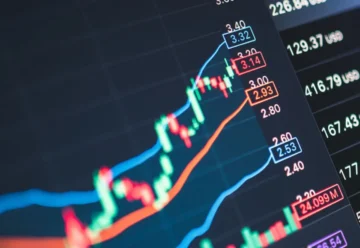Nigeria Accuses Binance of Terrorism Financing and Money Laundering

Binance’s CEO was summoned by Nigeria’s National Assembly to answer questions about a suspicious flow of funds processed by the exchange’s local office in 2023.
The House of Representatives Committee on Financial Crimes in Nigeria summoned Richard Teng, CEO of Binance, to appear before the agency to answer questions from the regulator. The Committee suspects that the crypto exchange is involved in terrorist financing and money laundering, local media reported.
Ginger Onwusibe, Chairman of the Committee, requested the CEO of the crypto exchange to appear at the agency meeting on March 4. If he refuses, the Committee intends to “invoke the constitutional powers” and sue the exchange. It’s worth noting that Teng previously ignored a similar request from the Committee in late 2023 by not attending a meeting.
The Nigerian authorities are closely monitoring the activities of Binance’s local unit as financial regulators still need to identify the initiators of several transactions on the crypto exchange. Suspicious transactions processed by Binance Nigeria in 2023 are estimated to be worth $26 billion. According to Olayemi Cardoso, Governor of the Central Bank of Nigeria (CBN), the crypto exchange’s activities in the country differ from the authorities’ efforts to protect their citizens from manipulation.
For instance, Bayo Onanuga, the Nigerian President’s Special Adviser, recently accused Binance of manipulating the Nigerian naira’s (NGN) exchange rate and negatively impacting the country’s economy. The accusations came after Binance set the USDT exchange rate limit at 1,802 NGN. According to representatives of the crypto exchange, these restrictions were taken to ensure compliance with the requirements of local authorities. However, Onanuga criticized the company’s actions, calling them sabotage to the local economy and estimating the damage caused at $10 billion. In response to the accusations, the cryptocurrency exchange suspended the possibility of P2P operations with NGN altogether.
In early 2023, the Nigerian government allowed local crypto owners, who make up about a third of all crypto users in Africa, to use digital assets as a tool for investment. By the end of the year, the CBN authorized local banks to process crypto transactions and interact with virtual asset service providers (VASP).











